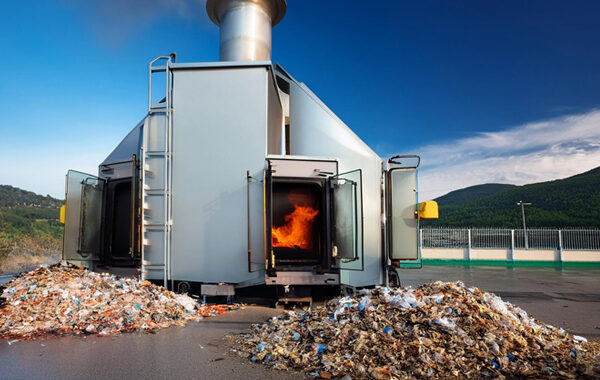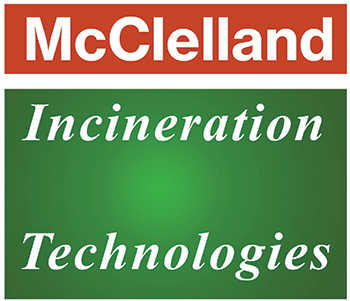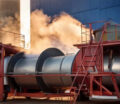
- June 28, 2024
- by Chirag
- Mc Clelland
Beyond Waste Disposal: The Versatility of Incinerators in Specialized Applications
Incinerators have long been associated with waste disposal, but their capabilities extend far beyond simply burning trash. In specialized applications, incinerators play a crucial role in addressing specific waste streams and environmental challenges. Let’s explore some of the niche applications where incinerators shine and how they contribute to broader sustainability goals.
Medical Waste Treatment:
- Incinerators are indispensable for safely disposing of medical waste, including hazardous materials such as infectious waste, pharmaceuticals, and sharps. High-temperature incineration ensures complete destruction of pathogens and contaminants, minimizing the risk of disease transmission and environmental contamination. Incinerators equipped with advanced emissions control technologies prevent air pollution and protect public health, making them a cornerstone of medical waste management.
Hazardous Material Destruction:
- Incinerators provide a safe and effective means of destroying hazardous materials, including chemicals, pesticides, and industrial by-products. Thermal treatment at high temperatures breaks down complex molecules into harmless compounds, rendering hazardous waste inert and non-toxic. Specialized incinerators designed for hazardous waste disposal adhere to strict regulatory standards and pollution control requirements to ensure environmental compliance.
Biomass Conversion for Bioenergy:
- In addition to waste disposal, incinerators can convert biomass materials, such as agricultural residues, forestry waste, and organic matter, into renewable bioenergy. Biomass incineration generates heat or electricity through combustion, utilizing organic materials that would otherwise be discarded as waste. By harnessing the energy potential of biomass, incinerators contribute to renewable energy production and reduce reliance on fossil fuels.
Chemical Weapons Disposal:
- Incinerators play a critical role in the safe and secure destruction of chemical weapons and obsolete munitions. Specialized facilities equipped with advanced gas scrubbers and containment systems ensure the complete destruction of toxic agents while preventing their release into the environment. Incineration offers a proven and reliable method for eliminating chemical weapons stockpiles and reducing the risk of proliferation and environmental contamination.
Cremation:
- Cremation incinerators provide a dignified and respectful means of handling human remains, offering families a choice for end-of-life arrangements. Modern cremators are equipped with advanced combustion chambers and emissions control systems to ensure efficient and environmentally responsible cremation practices. By converting human remains into ashes, cremation incinerators offer a sustainable alternative to traditional burial practices.
In conclusion, incinerators are versatile tools that go beyond waste disposal, addressing a wide range of specialized applications with precision and efficiency. Whether it’s safely disposing of medical waste, converting biomass into renewable energy, or providing dignified cremation services, incinerators play a vital role in promoting environmental sustainability and public health. By leveraging incineration technology in niche applications, we can maximize resource recovery, minimize environmental impact, and advance towards a more sustainable future.
For more information and studying further on incineration or incinerator supplier India or Industrial incinerator supplier India, visit www.mcclellandindia.com. It is located in Mumbai, Maharashtra, India with projects in all states of india – Gujarat, Maharastra etc. and all over the world.






